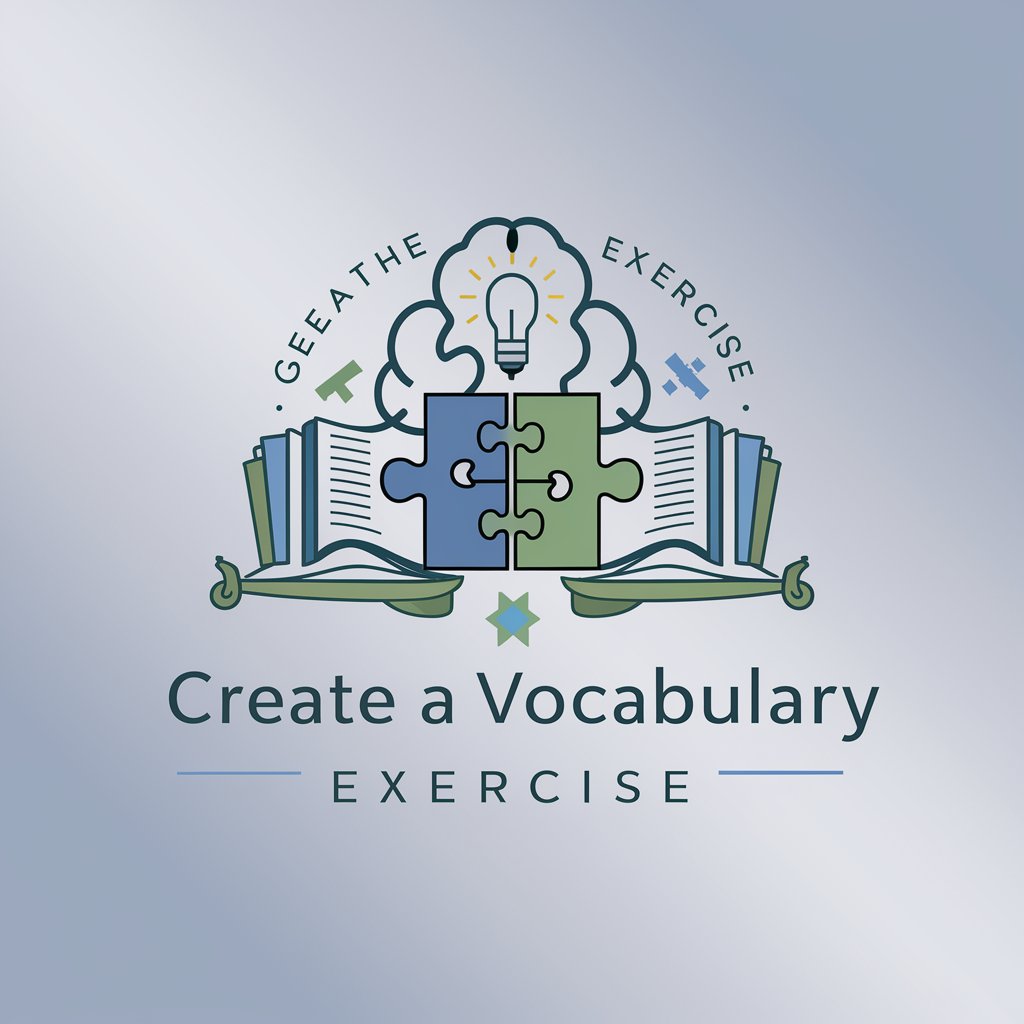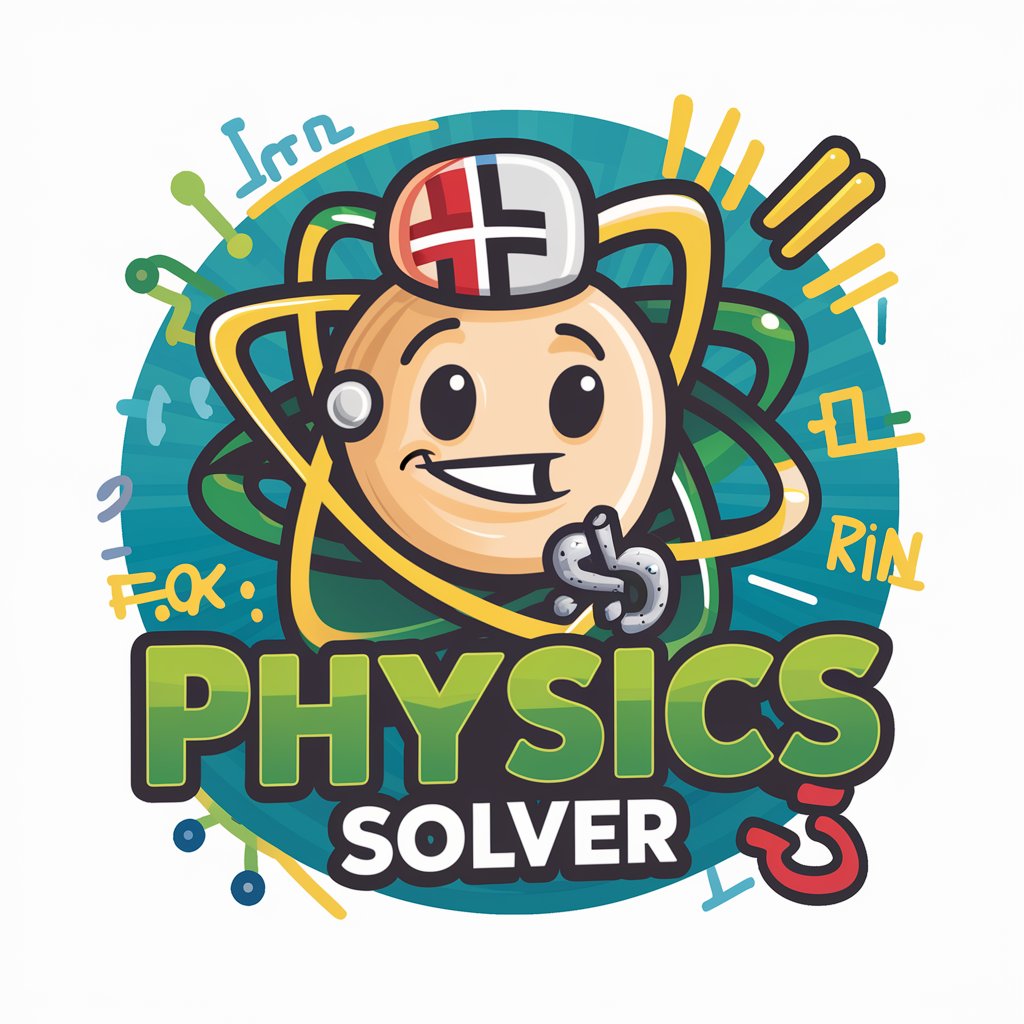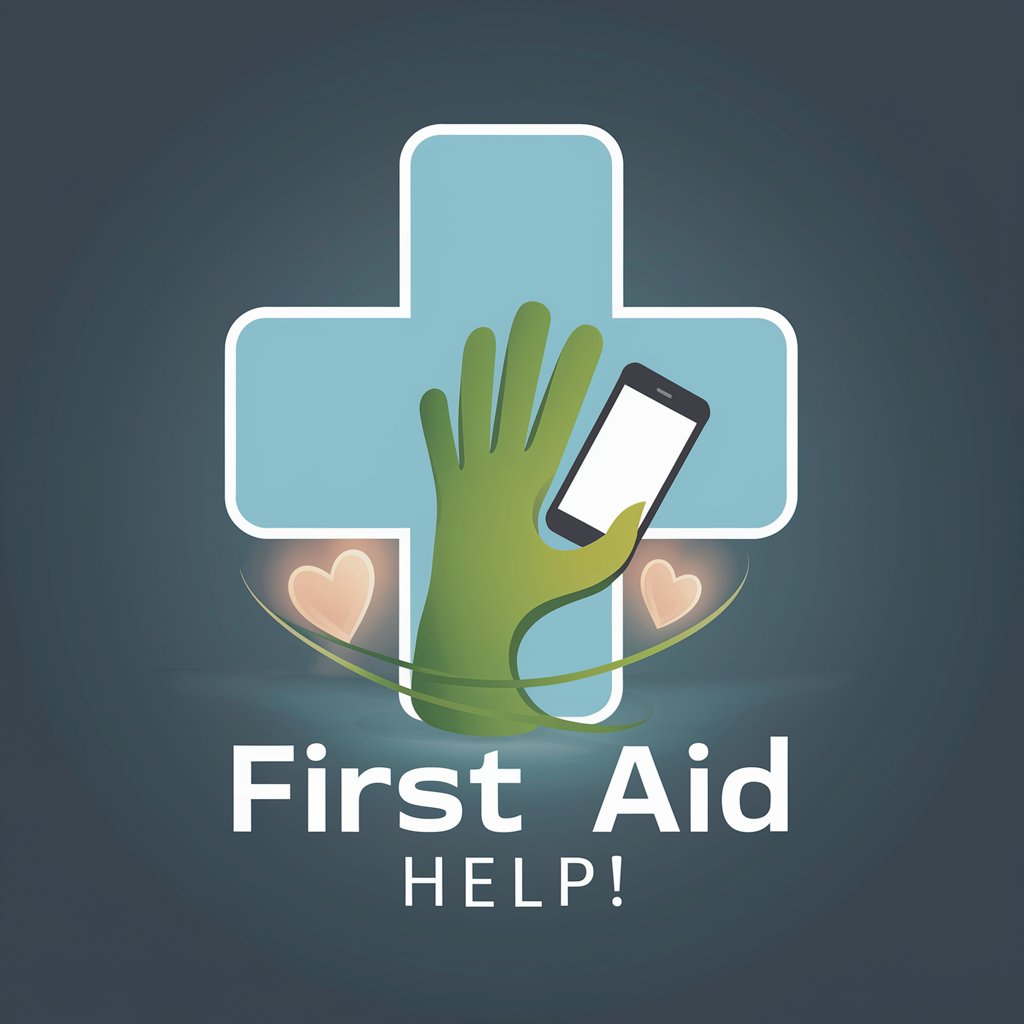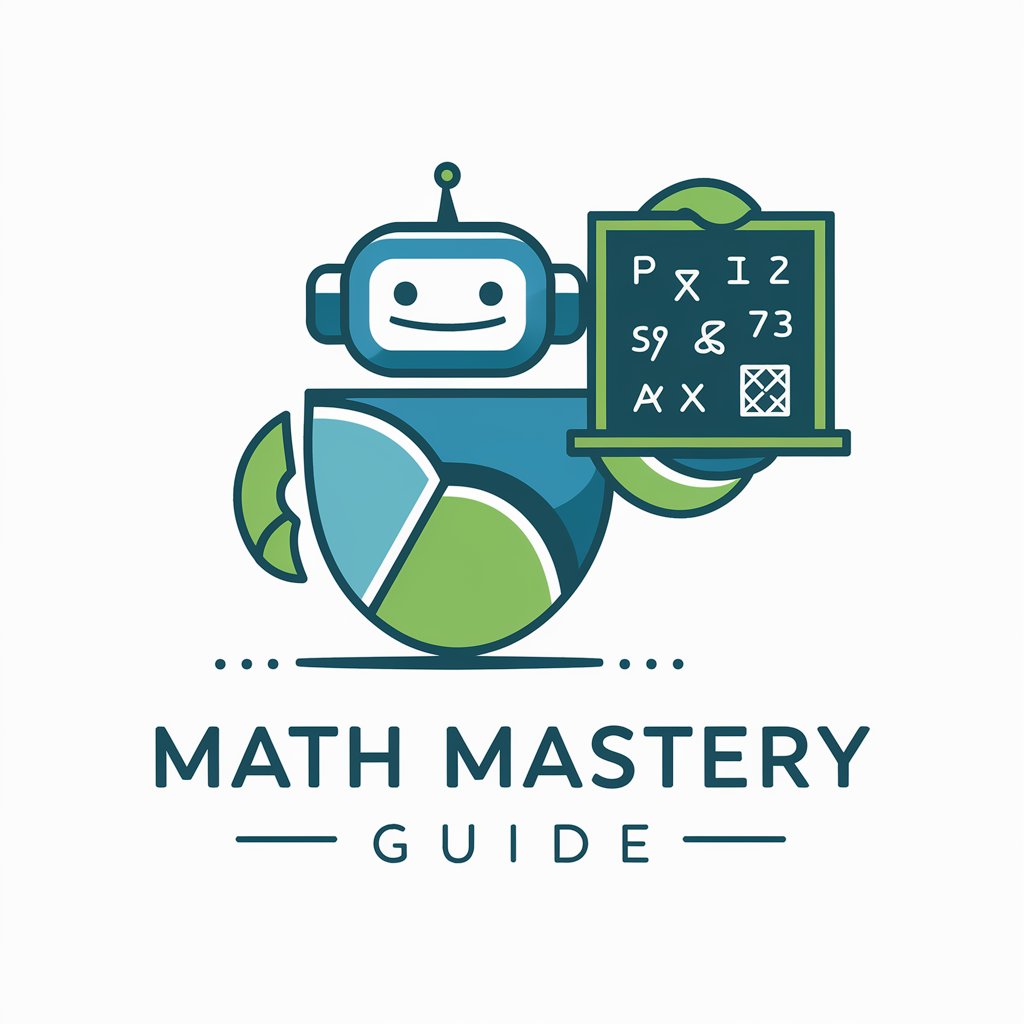Create a Vocabulary Exercise - Vocabulary Exercise Generator

Hello! Ready to expand your vocabulary?
AI-Powered Custom Vocabulary Exercises
Translation:
Antonyms:
Definitions:
Mixed exercise:
Get Embed Code
Introduction to Create a Vocabulary Exercise
Create a Vocabulary Exercise is a specialized tool designed to assist in language learning and teaching by generating customized vocabulary exercises. Its primary aim is to enhance vocabulary acquisition through targeted practice, leveraging a variety of exercise types to cater to different learning needs and preferences. This GPT-based tool is capable of creating exercises in four main modes: Translation, Antonyms, Definitions, and Mixed exercises. For instance, in the Translation mode, it can take a list of words in English and generate exercises requiring the student to translate them into German or French, emphasizing the use of correct articles for nouns and the infinitive form for verbs. Similarly, in the Antonyms mode, it generates exercises that ask the student to identify the opposite of a given word, thereby broadening their understanding of word meanings and usage contexts. Powered by ChatGPT-4o。

Main Functions of Create a Vocabulary Exercise
Translation
Example
For a list including 'cat', 'run', and 'happy', the tool might ask students to translate 'der Kater', 'laufen', and 'glücklich' from German back into English.
Scenario
This function is particularly useful in a language class where students are learning vocabulary relevant to their level, allowing them to practice both their vocabulary and translation skills.
Antonyms
Example
Given the word 'hot', the tool could generate an exercise asking for the antonym, expecting the answer 'cold'.
Scenario
This is beneficial in expanding a student's vocabulary by understanding not just the word but its opposite, enhancing their ability to express nuanced ideas.
Definitions
Example
For the word 'benevolent', the tool might provide a definition like 'showing kindness and goodwill', and ask the student to identify the word.
Scenario
Useful in vocabulary and reading comprehension lessons, helping students deduce meanings from context and descriptions.
Mixed Exercises
Example
A mixed exercise could include translating a word from French, finding an antonym for another, and defining a third word, all in one worksheet.
Scenario
Ideal for review sessions or exams, where students must demonstrate a comprehensive understanding of vocabulary in various contexts.
Ideal Users of Create a Vocabulary Exercise
Language Learners
Individuals studying a new language can use this tool to practice and reinforce vocabulary in a structured, varied manner. It's particularly helpful for those seeking to expand their lexical range and improve translation skills across languages.
Educators and Teachers
Language teachers can employ this tool to create diverse and engaging vocabulary exercises for their students. It's useful for preparing classroom activities, homework assignments, or tests that cater to different learning styles and proficiency levels.
Language Enthusiasts
Self-learners and language hobbyists who enjoy expanding their linguistic abilities will find the tool beneficial for self-testing and practicing vocabulary in a fun, challenging way.

How to Use Create a Vocabulary Exercise
1
Begin by accessing a free trial at yeschat.ai, no sign-up or ChatGPT Plus subscription required.
2
Choose your desired exercise mode: Translation, Antonyms, Definitions, or Mixed Exercise.
3
Submit your word list in English or the source language (German or French for translations) directly into the chat interface.
4
Specify the number of questions you'd like to generate from your word list.
5
Follow the prompts to customize your vocabulary exercise, including defining question types and difficulty levels.
Try other advanced and practical GPTs
Physics Solver
Solve physics problems with AI-powered guidance

FIRST AID assistant
AI-powered immediate first aid guidance

Math tutor
Empowering Math Success with AI

Best Friend
Your AI-powered companion for life's journey.

Domain Name Generator
Crafting Your Online Identity with AI

SQL to BigQuery Translator
Effortless SQL to BigQuery conversion, powered by AI.

Astro Snapshot
Unlock the cosmos with AI-powered insights.

Landing Page Critic
Elevate B2B Conversions with AI

PersonaGen for Startups
Crafting Your Customer's Story with AI

AI Construction Coach by BuildRightHub
Empowering construction with AI

GPT GUCC*
Elevating AI with Luxury Insights

Construction Manager GPT
AI-powered Construction Project Guidance

FAQs about Create a Vocabulary Exercise
What languages does Create a Vocabulary Exercise support for translations?
It supports translations between English and either German or French, depending on the user's choice.
Can I use Create a Vocabulary Exercise for any age group or proficiency level?
Yes, it's flexible enough to accommodate any age group or proficiency level by customizing the difficulty of the questions.
Is it possible to generate exercises with mixed question types?
Yes, the Mixed Exercise mode allows for a variety of question types, including translations, definitions, antonyms, and more.
How many questions can I generate at one time?
You can specify any number of questions you'd like to generate, as long as it's within the capacity of your word list.
Can I get the correct answers to the exercises generated?
While Create a Vocabulary Exercise focuses on generating questions, users can deduce correct answers based on the exercise type and their inputs.
